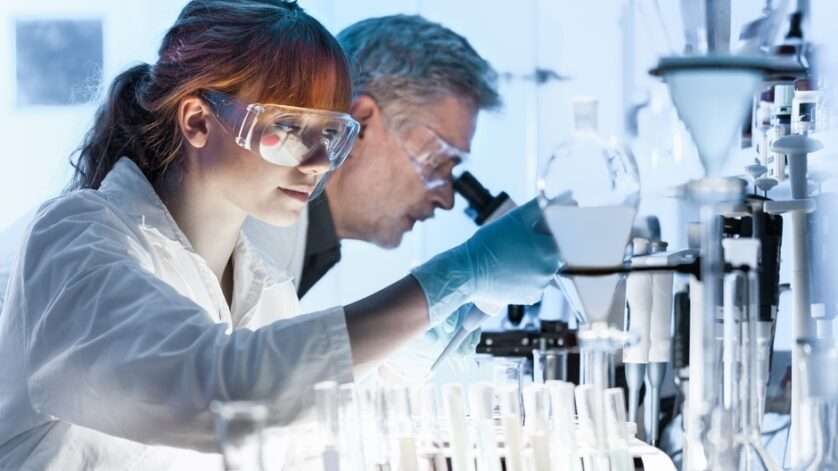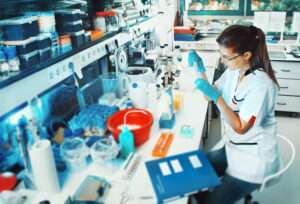Pharmacologist Job Description
A Pharmacologist’s job is to identify and test drugs used to treat, prevent, or cure diseases. This career requires a wide range of skills. A pharmacologist’s studies often include Toxicology. He or she may also focus on the development of new drugs to treat or prevent diseases.
Also Read – Biomedical Scientist Job Description
Clinical and experimental pharmacologists develop, identify, and test drugs to cure, treat, and prevent diseases
Clinical and experimental pharmacologists develop, discover, and test new drugs in order to treat or prevent various ailments. They also study toxicity and efficacy of the drugs. Clinical trials are needed for drugs to be approved for human use.
Clinical and experimental pharmacology has roots in the Middle Ages and prehistoric times. Early pharmacology focused on herbalism and natural substances, such as plant extracts. Pharmacologists studied these substances and compiled them in pharmacopeias. Even before the Middle Ages, people have been using crude drugs. These drugs contain the active ingredient but have been contaminated with other substances.
Clinical and experimental pharmacology involves conducting trials in human subjects to test new drugs, devices, and medical procedures. Clinical trials may focus on new ways to diagnose or cure disease, and some may look at how to improve the quality of life for people with chronic illnesses. They may also focus on the role of caregivers or support groups.
Before a drug is approved for FDA approval, it must undergo a series of clinical trials to determine if it is effective in humans. In addition, doctors must determine whether the new treatment is safe. There are always risks associated with any new treatment, and it is critical that the benefits outweigh the risks.
In many cases, these trials aim to treat the cause of the disease before symptoms can develop. For instance, drugs to treat Alzheimer’s disease are primarily designed to target amyloid-b proteins, which build up in toxic masses called plaques. One drug in particular, aducanumab, was approved by the FDA last year for mild Alzheimer’s patients.
Clinical and experimental pharmacologists develop, discover, and test new drugs to treat, cure, or prevent disease. The process of developing and testing a new drug has become more complex in the past forty years. It begins with a preclinical phase, followed by an investigational new drug application, complete clinical testing, and FDA marketing approval. During these phases, new drugs undergo rigorous review to ensure their safety.
Modern pharmacologists use genetics, molecular biology, and biochemistry to understand disease processes. They also apply modern tools to transform molecular targets and mechanisms into drugs. Modern pharmacologists also use methods for diagnostics and preventive care.
In phase I clinical trials, a new drug is tested on a small group of people. This is done to find out if the drug is safe and effective. A clinical trial can last several years. If the drug is effective, it moves to phase III, which involves several hundred to 3,000 people.
The development of a new drug candidate takes twelve to fifteen years. During this period, the project team must overcome many hurdles. The project team must also set clear ‘Go/No-Go’ criteria. Drug candidates may fail for various reasons. Lack of funding, inadequate expertise, and design flaws may lead to failure.
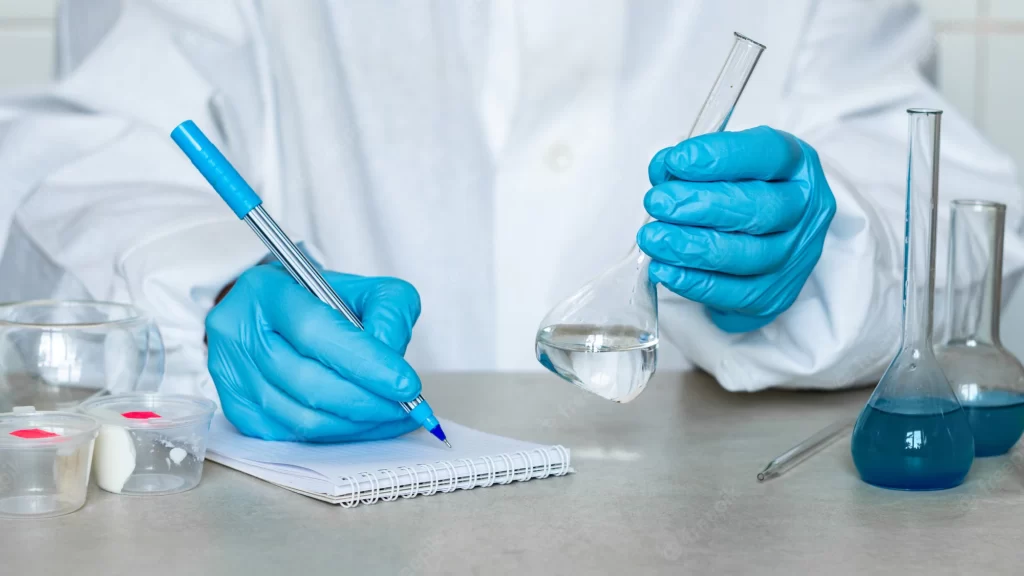
Also Read – Medical Laboratory Technician Job Description
Toxicology is a major area of study for a pharmacologist
Toxicology is the study of the adverse effects of chemicals and agents on living systems. Toxicologists investigate the impact of chemicals in the environment and on human beings, from discomfort to disease and death. Toxicology has several subspecialties, including genetics, chemistry, and physics.
Toxicology is an interdisciplinary branch of biomedical science, which investigates the actions of chemical agents on living systems. These agents include natural substances and endogenous molecules as well as materials in the environment. The field is increasingly relevant to drug development for treating human disease. Toxicologists have a broad perspective, investigating nearly all of the body’s organ systems.
Toxicology is an important area of study for a pharmacology major. Besides learning the chemistry of different drugs, students will also learn about various types of poisons. Toxicology is a branch of biology that focuses on the chemical composition of drugs and its interactions with the body. Those who choose this field are expected to have strong analytical and technical skills.
The median salary for a pharmacology graduate is $49,588 in 2019-2020. Earnings may vary significantly depending on your education level and job title. An average bachelor’s degree holder earns between $45,600 and $99,000 a year. An advanced degree can earn an average of $125,400. It is important to note that the salary of a pharmacology graduate is much higher than the average high school graduate.
In order to become a pharmacologist, you must first obtain a bachelor’s degree in pharmacology. Most pharmacology degree programs require at least a high school diploma, though many also require minimum GPAs or SAT/ACT scores. Programs can take from one to four years to complete.
Toxicologists are employed in a wide variety of settings, including research, product safety evaluation, teaching, and regulatory affairs. You can work for the pharmaceutical and chemical industries, or government agencies. You can also pursue a PhD in toxicology, which will give you more opportunities for advancement.
The MS in Pharmacology and Toxicology combines the study of chemicals and their effects on human systems. The program will help students translate their knowledge base into practice by developing a solid research foundation. Students will also develop professional and personal skills through laboratory experiences.
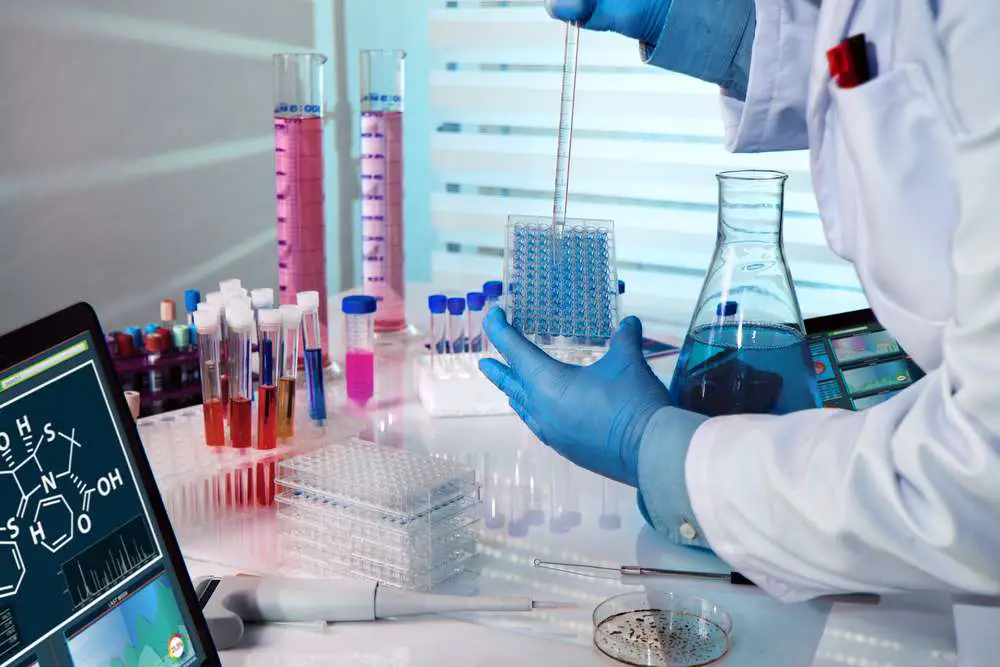
Also Read – Biotechnologist Job Description
Salary range for a pharmacologist
Salary ranges for pharmacologists vary widely. Some earn over $215k a year while others earn as little as $23,000, but the vast majority make in the $88,000-$152,000 range. Top earners make nearly $180,000 a year. The highest salaries are in Connecticut, Delaware, Rhode Island, and New Jersey. According to ExploreHealthCareers, established pharmaceutical scientists make an average annual salary of $104,000 to $210,000. Those who are just starting out are likely to earn around $85,000.
As a pharmacist, you may earn more in Canada, the United States, and the United Kingdom. However, as with many other fields, the salary for a pharmacologist varies widely by location, industry, and local conditions. In addition, the job title can have a large impact on the salary range.
In May 2019, the median salary for a pharmacologist was $125,510. This figure is slightly higher than the $60,000 average pharmacist salary in the United States. The highest-paid pharmacists make more than $100k a year, while those with less than five years of experience can earn between $91,000 and $118,291 annually.
In addition to dispensing drugs, pharmacologists research drug interactions with various biological systems. They often conduct both in vitro and in vivo studies to help create new drugs. They also work with other scientists and share their results in reports and meetings. A pharmacologist may specialize in a particular area of medicine, such as pharmaceuticals, animal medicine, or natural medicines.
According to the Bureau of Labor Statistics (BLS), the employment of medical scientists will increase by 13 percent through 2022, faster than the average for all occupations. This growth rate means that the job outlook for pharmacologists is good. Part of the growth is due to an aging population that requires more pharmaceuticals and treatments for various diseases. The majority of positions will be in the private sector.
If you are interested in a career in medicine and science, pharmacology is the perfect career for you. With advancement in the medical field, there will always be a need for pharmacologists. They can earn a healthy salary. Some jobs require a bachelor’s degree or a master’s degree, but most employers will require a Ph.D. It will normally take ten to twelve years to complete postsecondary education.
Those with PhDs and experience in the field of pharmacology can expect to earn a salary well above industry averages. Typically, pharmacologists will work from 9am to 5pm, Monday to Friday, although they may need to work nights, weekends, and shifts. Part-time work is also possible, and pharmacologists can also opt for consultancy work or become independent contractors.
In addition to working in labs, pharmacologists can also work in academia and pharmaceutical companies. They can be medical doctors, clinical pharmacology scientists, or drug discovery companies. Many of these professionals also train early-career pharmacologists.
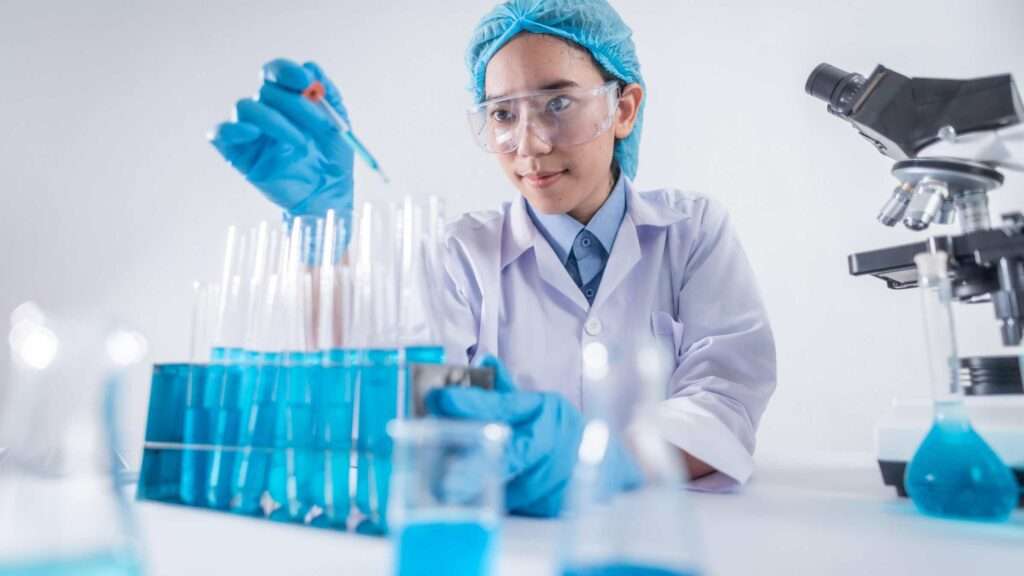
Also Read – Soil Scientist Job Description
Useful Links:-
Dubai Job Vacancies, Engineering Job Vacancies in Dubai, Top Dubai Jobs, Multiple Dubai Job Vacancies, Dubai Jobs, Jobs in Dubai, Dubai Job vacancies, Dubai Vacancies, Abu Dhabi Job Vacancies, Engineering Job Vacancies in Abu Dhabi, Top Abu Dhabi Jobs, Multiple Abu Dhabi Job Vacancies, Abu Dhabi Jobs, Jobs in Abu Dhabi, Abu Dhabi Job vacancies, UAE Vacancies, UAE Job Vacancies, Engineering Job Vacancies in UAE, Top UAE Jobs, Multiple UAE Job Vacancies, UAE Jobs, Jobs in UAE, UAE Job vacancies, UAE Vacancies
Click Here to find the latest Job Vacancies

